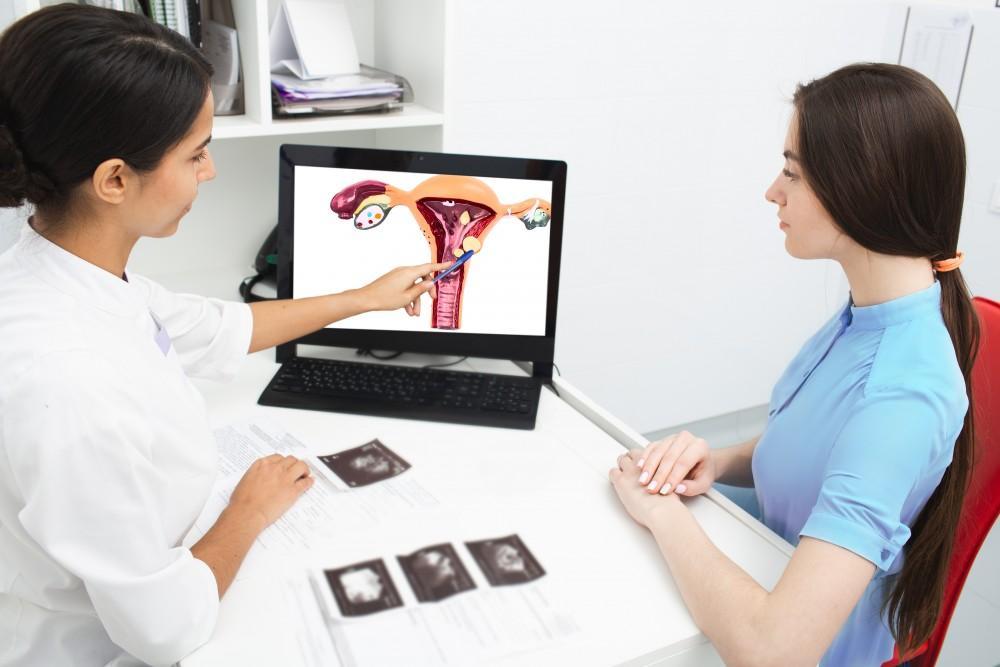
What to Expect From Your First 3D Mammogram
A mammogram is an X-ray of your breasts. It’s the best way to identify early...
Read MoreAbout 65% of American women use birth control during their reproductive years. Contraception puts you in control of your health and gives you the power to decide when and if you want to get pregnant.
But every woman’s health, sexual habits, and family planning goals are different. Different women need different things from their birth control, and these days, there are more options than ever before.
The Women’s Center, which has locations in and around Orlando, Florida, offers birth control choices for every woman. Our team is here to help you find an effective, convenient method that fits your needs and your lifestyle — and it’s time to learn more about all of your options.
Barrier methods of birth control are hormone-free. They reduce the chances of pregnancy by preventing sperm from reaching eggs. Some popular options include male and female condoms, sponges, and diaphragms.
Barrier methods can be very effective in preventing pregnancy, but they need to be used correctly every time you have sex. Some women choose to use barrier methods alone, or use them alongside hormonal birth control.
Nicknamed “the pill,” oral birth control is one of the most popular options among women of all ages. The pill is a hormonal contraceptive that prevents pregnancy.
You take one pill at the same time every day. For three weeks, the pill contains hormones that lower your chances of getting pregnant. In the fourth week, the pill doesn’t contain hormones and you have your monthly menstrual period.
If you don’t want to take a pill at the same time every day or use barrier methods every time you have sex, other birth control options are lower-maintenance.
The patch is a small square that’s placed on your skin. It looks like a bandage, but it releases hormones into your body to prevent pregnancy. You wear the patch in a specific place on your body (like your upper arm, stomach, back, or buttocks) and replace it with a new one every week.
Depo-Provera® birth control is an injection in your upper arm. Like the skin patch, it’s a hormonal contraceptive that doesn’t require daily maintenance.
In fact, you need only one Depo-Provera shot every three months. You come into the office and our team administers the injection. For this method to remain effective, it’s important to get every injection when it’s scheduled.
The Women’s Center also offers contraception that’s effective for years at a time. These methods are called long-acting reversible contraceptives (LARCs) because they last for years, but they can be reversed at any time if you decide you want to get pregnant.
The implant is a small rod that’s placed under the skin of your upper arm. Once it’s inserted, there’s no maintenance required. The implant contains slow-release hormones to prevent pregnancy, and it can last for up to five years.
An IUD is a small, T-shaped device that’s inserted into your uterus. There are two different types: hormonal IUDs and copper IUDs. Hormonal IUDs can last for up to seven years. Copper IUDs are non-hormonal, and they can prevent pregnancy for up to 12 years.
There’s a lot to consider when you’re choosing a birth control method. These days, there are more options than ever, and our team is here to help you find the most convenient method for your lifestyle and your family planning goals.
Schedule a birth control consultation at The Women’s Center to learn more. Call the Orlando, Florida, area office nearest you or book online today.




A mammogram is an X-ray of your breasts. It’s the best way to identify early...
Read More
About 1 in 10 women has ovarian cysts. These small growths form on your ovaries,...
Read More
If you and your partner have decided you’re ready to start growing your family, you’re...
Read More